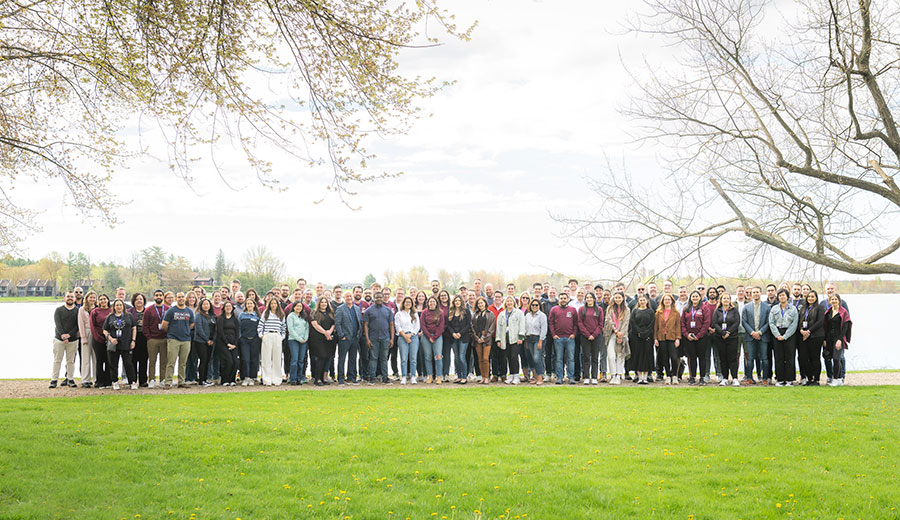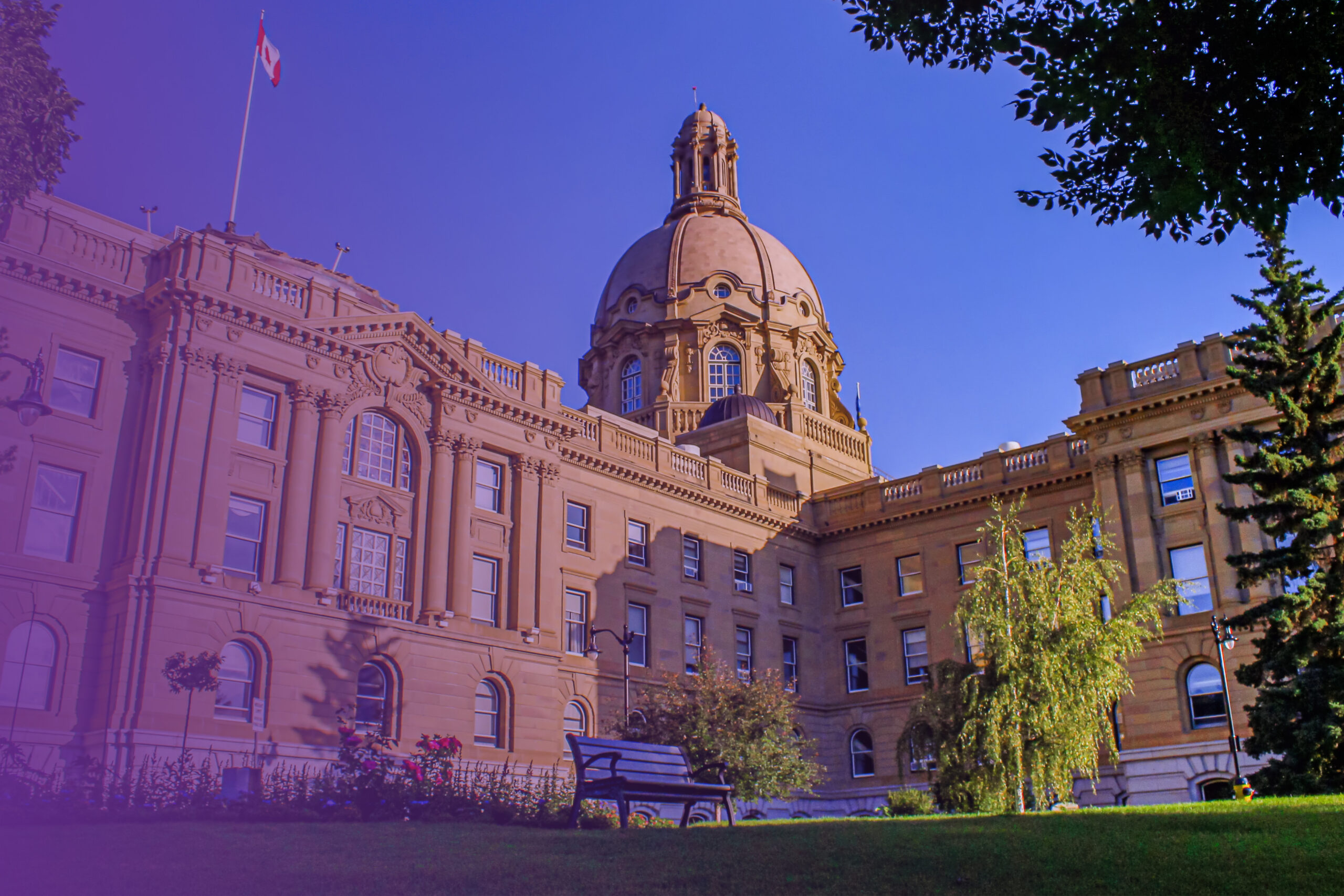Highlights from Crestview Strategy’s weekly Canada-wide newsletter:
Alberta
Canadian Energy Centre To Be Integrated into the Provincial Government
Premier Danielle Smith announced that Alberta’s energy “War Room,” the Canadian Energy Centre (CEC), will be integrated into the provincial government to strengthen the province’s leadership in advocating for the oil and gas industry. Smith believes major initiatives should be led by her office rather than an external agency, citing recent provincial campaigns against federal regulations as examples. The Premier criticized the “War Room” moniker and emphasized the need for credible research over combativeness. The CEC will now operate under Intergovernmental Relations, with some staff being reassigned. Critics, including the NDP, argue that the CEC has been a wasteful and ineffective endeavour, suggesting the funds could have been better used for public services. The government maintains that the CEC is essential for defending Alberta’s energy sector, but there are still questions about its future budget and transparency.
Atlantic Canada
Atlantic Workforce Ministers Call For Reversal Of Federal Labour Market Transfer Agreement Cut
Atlantic ministers issued a statement following a meeting of the Atlantic Workforce Partnership calling on the federal government to reverse the $625 million reduction in workforce development programs contained in Budget 2024 arguing they are given no prior notice and that the change will result in a $62.3 million annual reduction in funding for skills training and employment initiatives across the region. Provinces are taking issue with the federal government’s assertion that capital gains revenues will replace the Labour Market Transfer Agreement funds, and questioning where the funds are being spent.
British Columbia
Premier Eby Calls on Federal for Fair Allocation of Support
Premier David Eby has criticized the federal government for favoring Quebec and Ontario with funding while neglecting Western Canada. He argued that it’s disingenuous for federal Immigration Minister Marc Miller to frame B.C.’s concerns solely around asylum seekers, noting that Ontario and Quebec receive billions for projects like car factories while B.C. struggles with insufficient infrastructure funding, such as for the $4.15 billion Massey Tunnel replacement. Eby’s remarks, coming before the provincial election, aim to highlight this disparity and demand fair federal support for B.C.’s growing population. Political analysts suggest this tough stance helps distance Eby from the unpopular federal Liberals.
Ontario
Ontario Government Completes Initial Phase of Site Preparation For First Small Modular Reactor
The Liberal government has introduced a ways and means motion, the first step toward changing the capital gains tax inclusion rate from one-half to two-thirds on capital gains above $250,000. Finance Minister Chrystia Freeland stated that the revenue from this change is needed to fund initiatives like pharmacare, dental care, child care, and green energy projects. While the Canadian Medical Association expressed concerns about the impact on doctors, Freeland suggested provinces should use the additional revenue to increase doctors’ compensation. The NDP has generally supported measures aimed at increasing tax fairness and is likely to back the government’s proposal, emphasizing the need for increased social spending.
Ottawa
Liberal Government Takes First Step Toward Changing Capital Gains Tax
The Liberal government is set to introduce a contentious capital gains tax change in the House of Commons on Monday. Finance Minister Chrystia Freeland stated that the tax increase will affect around 40,000 individuals and corporations, potentially generating $19 billion in revenue over the next five years for programs like housing and national defense. The Canadian Medical Association has expressed strong opposition, citing negative impacts on physicians’ financial stability and the healthcare system. Conservative leader Pierre Poilievre criticized the proposal and the overall 2024 budget, accusing the Liberals of exacerbating inflation with excessive spending.
Toronto
Carolyn Parrish to Become Mississauga Mayor on June 24
Carolyn Parrish will be sworn in as Mississauga’s new mayor on June 24, after winning 31% of the vote in the byelection. Parrish aims to prioritize housing, despite anticipated opposition. She will be the fifth mayor in the city’s history, succeeding Bonnie Crombie. The voter turnout was 25.71%, an increase from the previous municipal election. Ward 5 will welcome new councillor Natalie Hart, who won the seat vacated by Parrish. The official ceremony will be held in Mississauga city council chambers.
Quebec
The American Government Evokes Trade Sanctions To Fight Quebec’s Bill 96
The American administration has expressed concerns about Quebec’s Bill 96 on French language protection, indicating potential barriers to trade between Canada and the United States. Statements from the United States have hinted at the possibility of imposing sanctions on Canada due to aspects of the law. Discussions between Canadian and American officials highlighted American apprehensions regarding the law’s impact on trademark provisions and its implications for U.S. businesses. Despite considerations of reduced American product exports to Canada, a final decision on sanctions remains pending. The Quebec government is finalizing regulations for the law, which includes provisions on commercial displays, trademarks, and product labeling, set to come into effect in June 2025. The situation has raised concerns about maintaining French language protection while upholding strong trade relationships.



